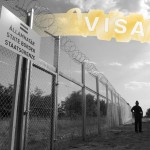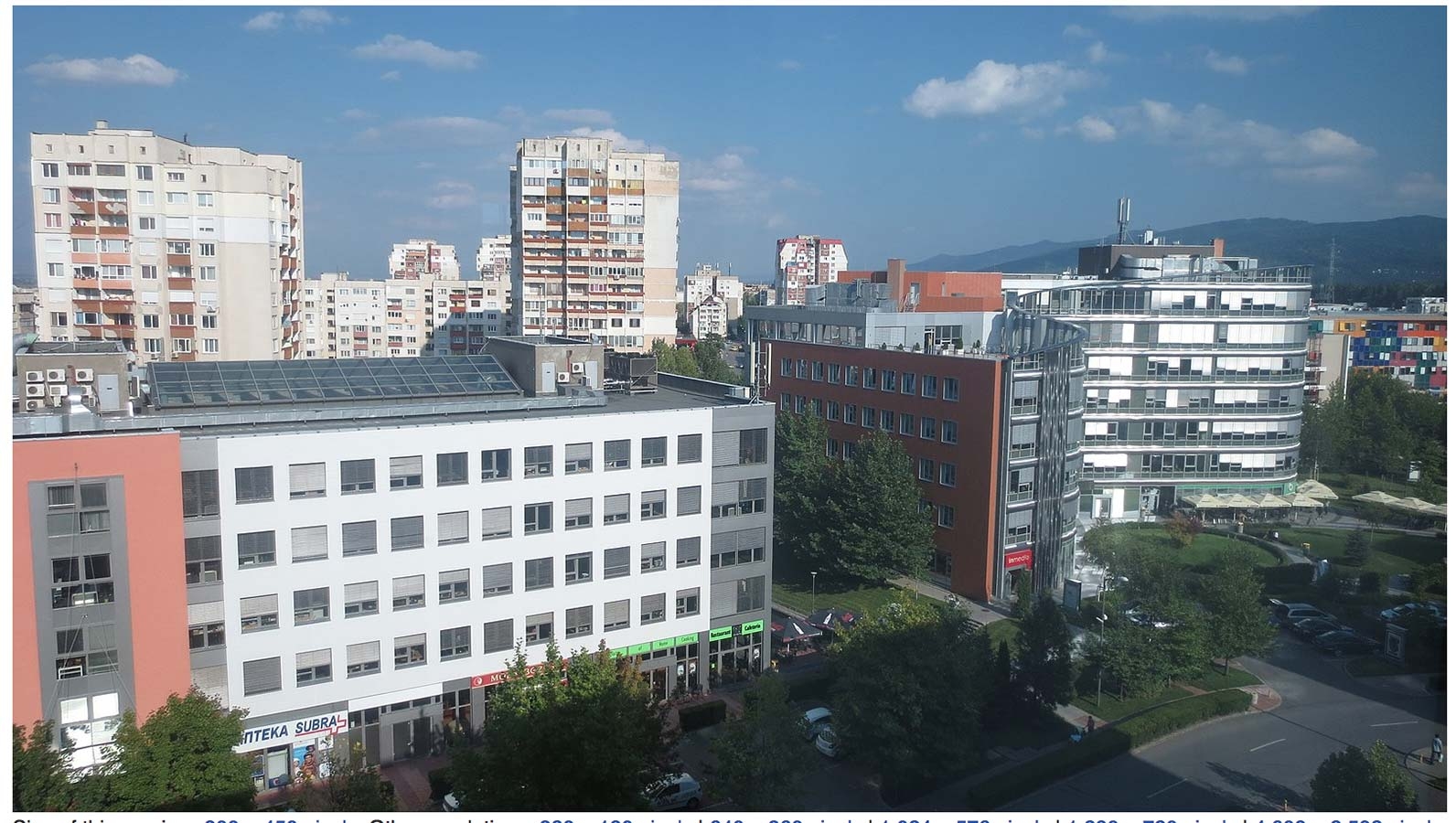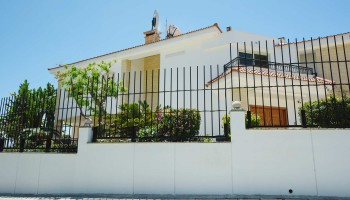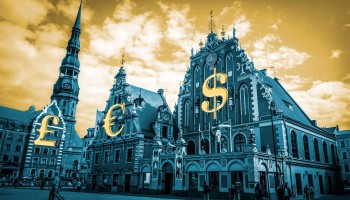It seems, on the surface, like a great deal for everyone involved. Foreigners who invest at least €1 million (more than US$ 1.2 million) in government securities — or who simply deposit the money in a Bulgarian bank — can obtain Bulgarian citizenship for themselves and their families after 18 months. Foreigners get new passports, Bulgaria gets much-needed cash.
The deal is the latest iteration of Bulgaria’s decade-old push for Golden Visas, which offer citizenship in return for investment.
The €1 million fast track was introduced in 2013, and supplements an existing program started earlier. The new program allowed the process to be sped up to just two years if applicants ponied up an additional €500,000.
But reporters for Bivol have uncovered data that shows the new program has fallen flat. They have also uncovered a loophole that allows foreigners in both programs to meet investment requirements with a bank loan — meaning Bulgarian citizenship can be “bought” with little or no real investment in the country.
Golden Goose … or Turkey?
The plan for a fast-track program was proposed with much fanfare back in 2010. Bozhidar Dimitrov, then Minister for Bulgarians Abroad, told the media he foresaw the plan netting as much as €500 million following its launch.
But the minister’s rosy scenario has not come to pass.
Reporters from Bivol made several Freedom of Information Act (FOIA) requests to Bulgaria’s Ministry of Justice to find out just how successful the new fast-track program has been. The data obtained in response shows that just 16 people have gained citizenship using the program until the end of 2017.
Those granted citizenship include five Russians, two Lebanese, two Indians, and one each from Egypt, Ethiopia, China, Ukraine, Vietnam, Pakistan and the United States. These figures do not account for applications that might still be in process.
The fast-track numbers pale in comparison to Bulgaria’s other means of granting citizenship, which include the five-year track Golden Visa program and naturalization through marriage.
Just on its own, the number of Russians who have obtained Bulgarian citizenship outstrips the fast-track numbers many times over. A total of 861 Russian citizens obtained a Bulgarian passport by all means up until September 2017. The Justice Ministry will not say how many requests for citizenship based on the Golden Visa program are pending.
Numbers for foreigners obtaining residency via the five-year program, obtained from the Ministry of the Interior via FOIA, are more promising. They show that, in the five years prior to October 2017, a total of 296 foreigners were granted permanent residency under the program. Of these, 70 were Russians, 38 were Chinese, 32 were Pakistanis, 27 were Egyptians, and 23 were Lebanese.
According to the data, the program has netted €148 millions for 5 years. Reporters for Bivol were unable to obtain a number for how many people received citizenship — in addition to residency — under the program.
Cheating Investors?
But even that impressive-sounding number may only be on paper. Bivol reporters have found that at least one local bank has been granting loans of up to €500,000, with an annual interest rate of four percent, to potential new Bulgarians.
Evidence of this anomaly was unearthed in a 2012 report by the Bulgarian National Bank (BNB), the country’s national bank, which was originally leaked in 2016.
The BNB report found that First Investment Bank of Bulgaria (Fibank), Bulgaria’s third-largest by assets, had by 2011 logged in its credit portfolio 36 so-called “citizenship credits” — meaning loans for citizenship applications — amounting to €18.4 million.
It is unclear if Fibank’s citizenship loan program is still ongoing, or whether more people than the 36 cited may have taken part in it. Neither bank officials nor government regulators responded to requests from Bivol for comment. It is also unclear whether other Bulgarian banks may have offered similar loans.
Bivol also asked for the number of certificates issued by the Ministry of Finance proving that foreign citizen candidates for Golden Visas hold money in a Fibank account. The ministry declined the request.
Fibank is privately owned by two Bulgarian bankers: Tseko Minev and Ivaylo Mutafchiev. Both are banned from management roles in financial institutions because they bankrupted another bank in the 1990s. But this does not bar them from being major shareholders in a bank.
Fibank’s reputation is described in a 2006 confidential cable by then-US Ambassador in Sofia John Beyrle in the following terms: “[Fibank] is now considered to have one foot in the legitimate retail world (it is known as one of the most aggressive and ‘polished’ banks) as well as one in the murkier criminal realm.”
Is the System still Working?
Bivol sought to independently confirm if the back door described in the 2011 report remains open, with mixed results.
One law firm advising Golden Visa candidates states clearly on its website that such loans exist and are “aggressively advertised,” but warns customers they are considered illegal by the authorities.
To investigate further, a Bivol reporter posed as the assistant of a wealthy businessman from a former Soviet country. He called Citizenship and Investments Ltd., an agency that acts as an intermediary for Golden Visa services in Bulgaria. After paying a €60 fee through Western Union, he was told by phone that it’s possible to borrow money for citizenship, but not directly from a Bulgarian bank, because this is forbidden by law.
However, the agent said, a foreign EU bank can arrange the loan.
“We are working with the Belgian KBC Bank,” the agent said. “They have low interest and it is a foreign bank. Loans from local banks are not accepted by law.” The candidate pays the interest and an agency fee, and receives the principal back at the end. The result is citizenship at a fraction of the €1 million or €500,000 price tag.
Questioned by Bivol, Mila Milenova, a spokeswoman for KBC Group in Bulgaria, vigorously denied that KBC’s local or foreign branches make citizenship loans.
One other interesting wrinkle: the monthly interest on the bank loans by Fibank is less than €5,000, the amount which triggers the attention of the Financial Intelligence Services. Thus, money with unclear origin can be used silently to buy an European passport and enjoy all the attached privileges.
Allegations that investors obtained Bulgarian citizenship without actually investing are not new and in fact began before the start of the Golden Visa program. In 2012, [a parliamentary committee conducted an investigation into citizenships granted between 2006 and 2008 under another program](http://www.parliament.bg/pub/cW/20120411044323tabl 2006-2008NS.doc) for applicants deemed to offer for individuals deemed to have “special merits toward the Bulgarian state.” This cohort generally included artists, activists and athletes, but also sometimes rich investors.
Parliamentary investigators found a number of highly suspicious approvals, most of them involving Russian applicants. Among the “new Bulgarians” was wealthy Russian businessman Sergei Adoniev, reportedly close to Putin’s circle, who was granted citizenship in 2008. A Bivol investigation published in January found Adoniev never carried through on his promise to invest €10 million in the country.
This story was produced as part of the Global Anti-Corruption Consortium, a partnership between OCCRP and Transparency International.








